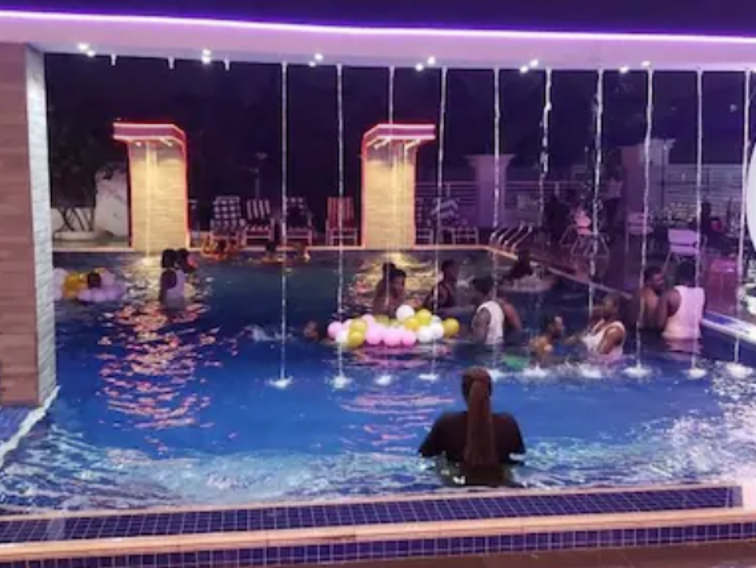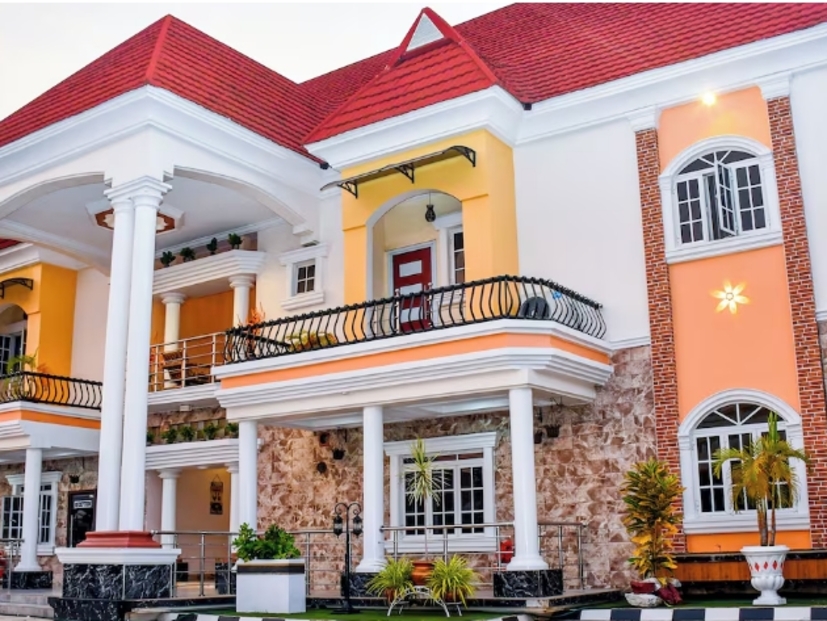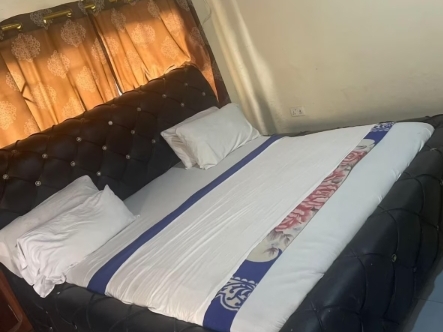The North East Region is one of Ghana’s most authentic cultural destinations, perfect for travelers who want to step off the usual tourist path. Carved out of the old Northern Region in 2019, it centers around Nalerigu and stretches across scenic savannah, rolling hills, and riverside landscapes. Here, centuries-old traditions and living history shape daily life, offering a powerful and humbling travel experience.
Where to Stay in the North East Region
Nalerigu & Surrounds
Chesterfield Lodge (Nalerigu)
A welcoming mid-range lodge in the heart of Nalerigu, offering clean, comfortable rooms with private bathrooms. Guests can explore local markets, cultural sites, and nearby trails easily from this base.
Green Light Hotel (Nalerigu)
Budget-friendly and practical, this hotel provides straightforward accommodation with essential amenities. It’s perfect for travelers who want comfort and convenience while exploring town attractions.
Hak-In Lodge (Nalerigu)
Simple but well-kept, this lodge gives guests a chance to immerse themselves in local culture while staying in a quiet, reliable setting.
Iceberg Guest House (Nalerigu)
A relaxed guesthouse with clean rooms and a friendly atmosphere, ideal for solo travelers, small groups, or visitors seeking affordable stays.
Walewale & East Corridor
Moonlite Lodge (Walewale)
Located in the regional commercial hub, Moonlite Lodge provides basic but comfortable rooms. It’s a convenient stop for exploring nearby villages, markets, and the road network toward Nalerigu and Gambaga.
Mujawal Guest House (Walewale)
Affordable and practical, this guesthouse is ideal for short stays or visitors attending local events. Guests enjoy friendly service and easy access to transport links.
Brotherz Hospitality (Walewale)
A straightforward stay in town offering essential comforts, popular with travelers moving between districts or attending regional festivals.
Gambaga & Rural Stays
Marta-Su Memorial Lodge (Gambaga)
Located close to cultural sites, this modest lodge is perfect for visitors exploring the dramatic Gambaga Escarpment and historic witches’ camp.
Esthers Paradise Guest House (Gambaga)
A small, community-managed guesthouse offering local hospitality. Guests can experience traditional life and arrange guided visits to historic and spiritual landmarks.
Bunkpurugu & Surrounding Districts
Guesthouses like Vilam Guest House, Vine Royal Lodge, and Wang Hotel provide basic, comfortable stays in rural areas. These are ideal bases for exploring sacred groves, rock formations, cultural performances, and local markets.
What to See & Do
The North East Region is rich in cultural heritage, natural landscapes, and community-rooted experiences.
Living History & Culture
Naa Jaringa’s Wall in Nalerigu is an ancient earthwork built over 300 years ago, reflecting the engineering skill and resilience of the Mamprusi people.
Mamprugu Royal Palace (Nayiri Palace) offers insight into traditional leadership and royal customs. Visitors can respectfully tour the palace grounds.
Gambaga Escarpment rewards hikers with panoramic views over savannah plains.
The Gambaga Witches’ Camp provides a culturally complex insight into local beliefs and history.
Rivers, Hills, & Nature
The White Volta River flows through Yagaba and Kubori, offering opportunities for boating, fishing, and riverside relaxation.
Rock outcrops and sacred groves around Chereponi and Bunkpurugu are perfect for eco-tourism, birdwatching, and reflective walks.
Festivals & Traditions
Damba Festival features horse riding, drumming, and colorful regalia.
Bugum (Fire) Festival includes nighttime torchlit processions and storytelling.
Local markets showcase beautifully woven smocks, beadwork, and traditional crafts.
Getting Around the North East Region
Access to the region is primarily via road from Tamale or Bolgatanga, with public buses and shared taxis serving main towns. Roads connecting Nalerigu, Walewale, Gambaga, and Bunkpurugu are generally passable, but a private car or guided tour is recommended for remote sites, escarpments, rivers, and cultural villages. Boat rides are available on the White Volta for riverside exploration.
Travel Tips
Best Time to Visit: November to February, when cooler temperatures and dry roads make sightseeing, hiking, and festival attendance ideal.
Transport: Public buses and taxis are available, but private vehicles provide the most flexibility for exploring rural attractions.
Cultural Respect: Always greet locals, ask permission before photographing people or sacred sites, and dress modestly.
What to Pack: Lightweight clothing, hiking shoes, insect repellent, sunscreen, and water for excursions into rural or savannah areas.



